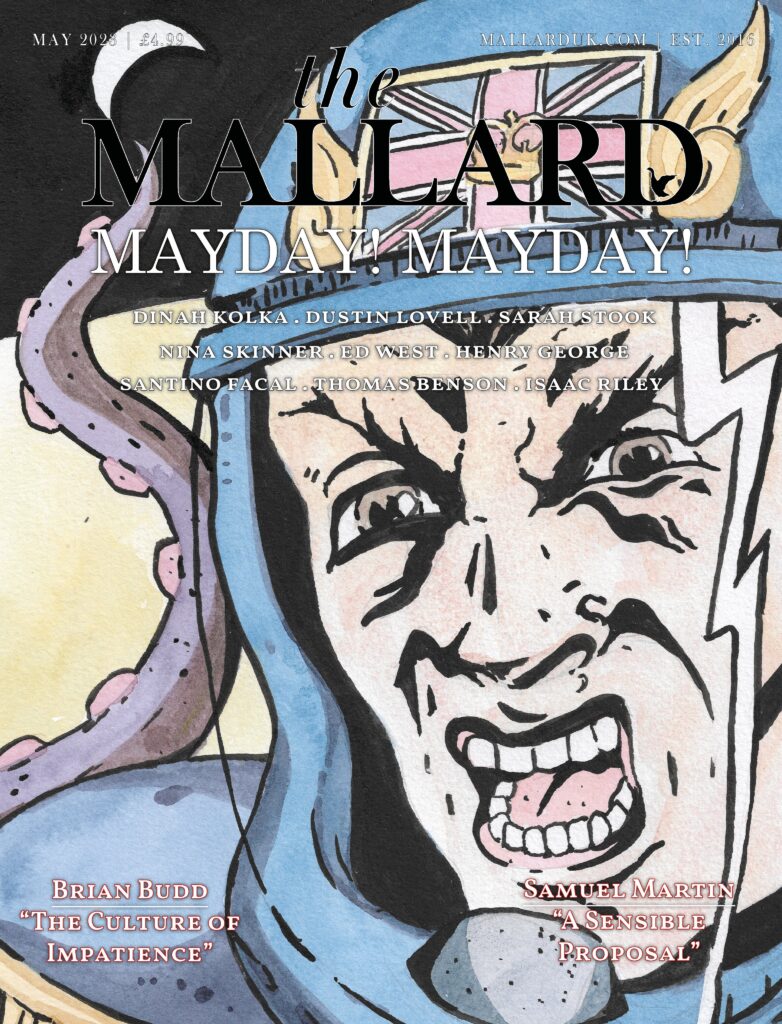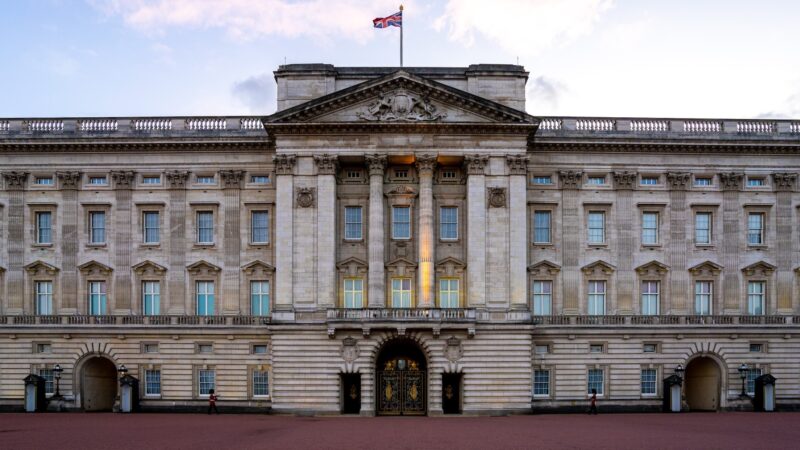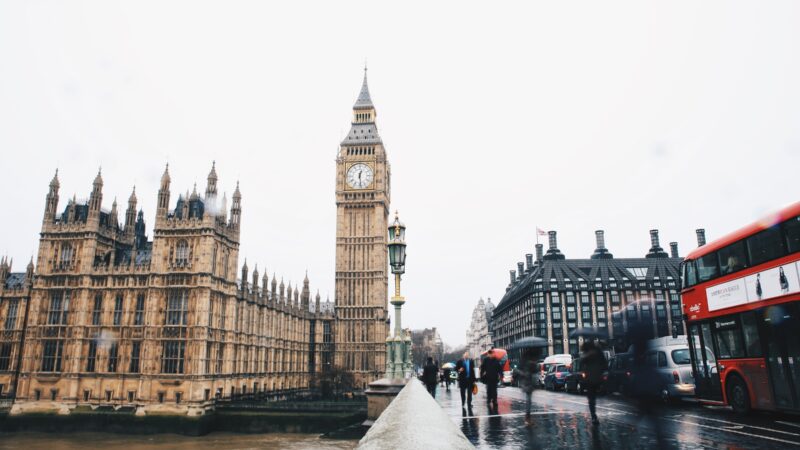A Sensible Proposal (Magazine Excerpt)
Britain is in decline. This much is true. Nobody would dare suggest otherwise – unless, of course, they wish to attest to pure ignorance or twisted glee.
Given this, we are very much in need of sweeping reform. Yet reform is not the product of drawn-out pontification. Ultimately, it is the sum of action: action moulded by proposition.
As such, dear reader, allow me to do just that. May I present to you: A Sensible Proposal.
Shrink the cabinet to its 5 or 6 most capable members, empower ministers to fire civil servants at will, and slash the civil service by at least 75% – it’s not technically Moldbuggian RAGE (Retire All Government Employees), but it’s of the same spirit.
Take the Civil Service Code and throw it on the regulatory bonfire, along with every obstructive procurement rule preventing us from becoming the AI capital of Europe.
Implement mandatory IQ tests for all new civil service hires and scrap the counter-intuitive stakeholder model of policy-making; ensuring government bureaucrats literally, not figuratively, live in The Real World.
Double the length of every sentence, especially for crimes which make civilised society impossible (murder, rape, theft, schmonking weed, etc.). Freedom, if nothing else, should mean the ability to go from A to B without being mugged, molested, or murdered.
Repeat offenders should receive at least one of the following: an extended sentence, a life sentence, chemical castration, or the death penalty. Tough on Crime, Tough on The Causes of Crime.
Abolish the Communication Act and its statutory predecessors to make speech free again. The less time the plod can spend harassing you for tweeting facts and logic, the more time they’ll dedicate to brutalising groomers of our nation’s children, vandals of our nation’s heritage, and abusers of animals.
Furthermore, abolish the Supreme Court and bring back the Law Lords – Tony Blair and Gordon Brown, eat your precious ‘modernising’ hearts out!
Speaking of which, if we can hand out titles to cronies, half-wits, and dodgy sorts, I’m sure we can take them away – put some actual aristocrats in Parliament; of spirit in the Commons and of blood in the Lords.
Abolish the TV licence fee and replace it with nothing. That or broadcast stuff worth watching – like reruns of Kenneth Clark’s Civilisation series or Spy x Family.

This is an excerpt from “Mayday! Mayday!”. To continue reading, visit The Mallard’s Shopify.










An Opportunity from Nothing – View from the National Conservatism Conference
Strolling down Marsham street, past the Itsu and Pret a Manger, a funny looking man in a top hat flanked by grey haired beret wearing old women scream at the top of their lungs whilst recording a group of depressed looking individuals clad in ill-fitting suits who walk past them and into the Emmanuel Centre. Loud renditions of ‘Ode to Joy’ blare from the portable speakers powered from a generator in a white van plastered in EU flags.
You might think, for at least a moment, that I am describing a snapshot from 2017. That these individuals are making plans for Britain’s ‘strategy moving forward as we leave the EU’, and that Mister Bray would at least have a reason to be shouting ‘bollocks to Brexit’ at the passers-by. Instead, the year is 2023, Brexit is barely being mentioned at all inside the walls of the conference room, and no one is quite sure what he – or they – are there for.
That seems to be an outstanding theme of the conference: uncertainty. No one at all seemed to be able to pin down exactly what it was that they stood for. A plethora of rambling speeches about Edmund Burke, multiple references to ‘Le contrat sociale’, continuous struggle sessions against the rotting corpse of Margret Thatcher (who seemingly still operates behind the shadows in every corner of government), and yet nothing new or interesting was being said, just vague topics which they knew everyone would sort of agree with anyway.
Worse still, a lot of the high-profile attendees (especially the MP’s who bothered to turn up) didn’t really seem to know what the event was for. A favourite moment of mine was when, at the very opening of the event, Yoram Hazony and Jacob Rees-Mogg accidentally went ‘head-to-head’ in debating the finer points of the corn laws and the benefits of wheat tariffs in their separate speeches… absolutely thrilling stuff which really tackled… THE ISSUES.
Another devastating moment was when Suella Braverman took the stage to talk about her vision for Britain. In actuality, it was a 25-minute party political broadcast about why you should just ignore the last decade of Tory government and still trust her to ‘stop the boats’. It’s always so upsetting when you listen to actual real politicians – high ranking ministers, no less – who act like opinion piece columnists. The looks on the faces of the attendees during her talk said it all: “YOU ARE A MINISTER OF STATE, YOU HAVE CONTROL OVER THE HOME OFFICE, DO SOMETHING!”
No leadership, no courage, no unified vision. This is what the supposedly ‘Real Right Wing’ looks like for Britain at the moment. No figure appeared to give any sense of direction or policy; they would much rather ‘hash out the arguments’ and ‘make their case’ instead. This is not how you win elections or drive the mechanisms of state, this is how you gain followers on twitter or get a graduate columnist job at [MAGAZINE_NAME.COM].
Despite my negativity, I actually think that this presents a wonderful opportunity for those with more dissenting ideas on what the future of ‘national conservatism’ means in Great Britain. “NatCon” doesn’t really know what it seeks to be and has no defined leadership, so why not show it the way? Instead of feeling like a ‘captured institution’, it felt like a proto-organisation which can’t quite put its finger on what it is yet. Instead of allowing it to lean on the boring and decaying figures of the present, a fascinating vacuum is opening up to swallow anyone with the boldness to make clear cut statements on what they wish to see as the future of National Conservatism. Doing *that* would be a lot easier than any sort of ‘Tory Entryism’ which the generation before us sought to complete.
At the very least, the conference was an excellent opportunity for networking. It was nice to see a format more similar to CPAC than Tory Party Conference, with many MPs, intellectuals, and journalists more than happy to sit and chat with you outside of the main hall instead of listening to the lectures. This was genuinely enjoyable and made the experience a lot more worthwhile. I sincerely hope that more events like that can take place in future.
Enjoying The Mallard? Consider subscribing to our monthly magazine.
Photo Credit.